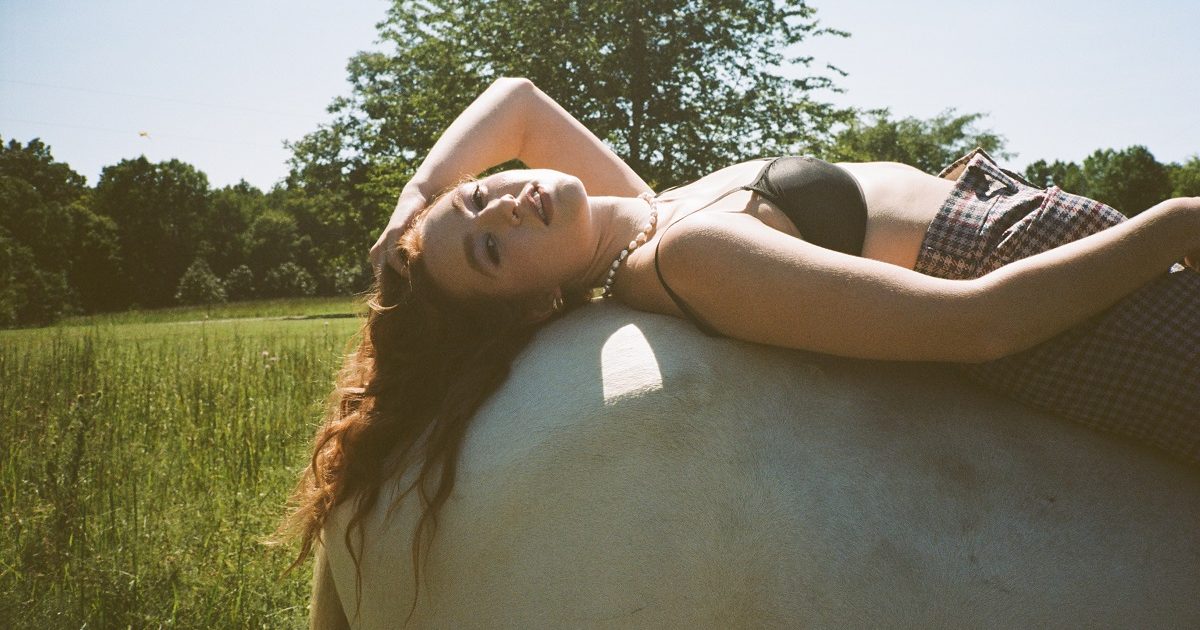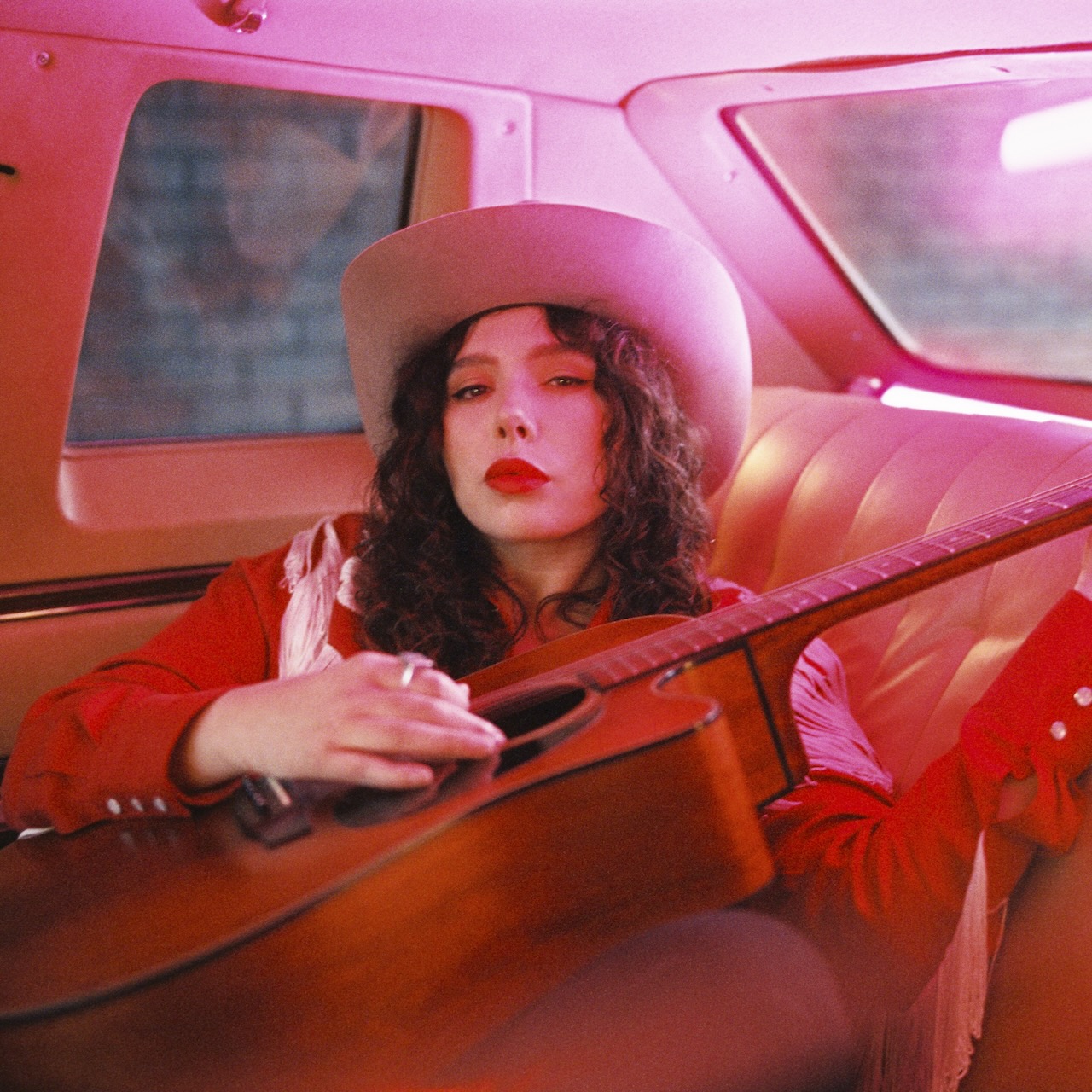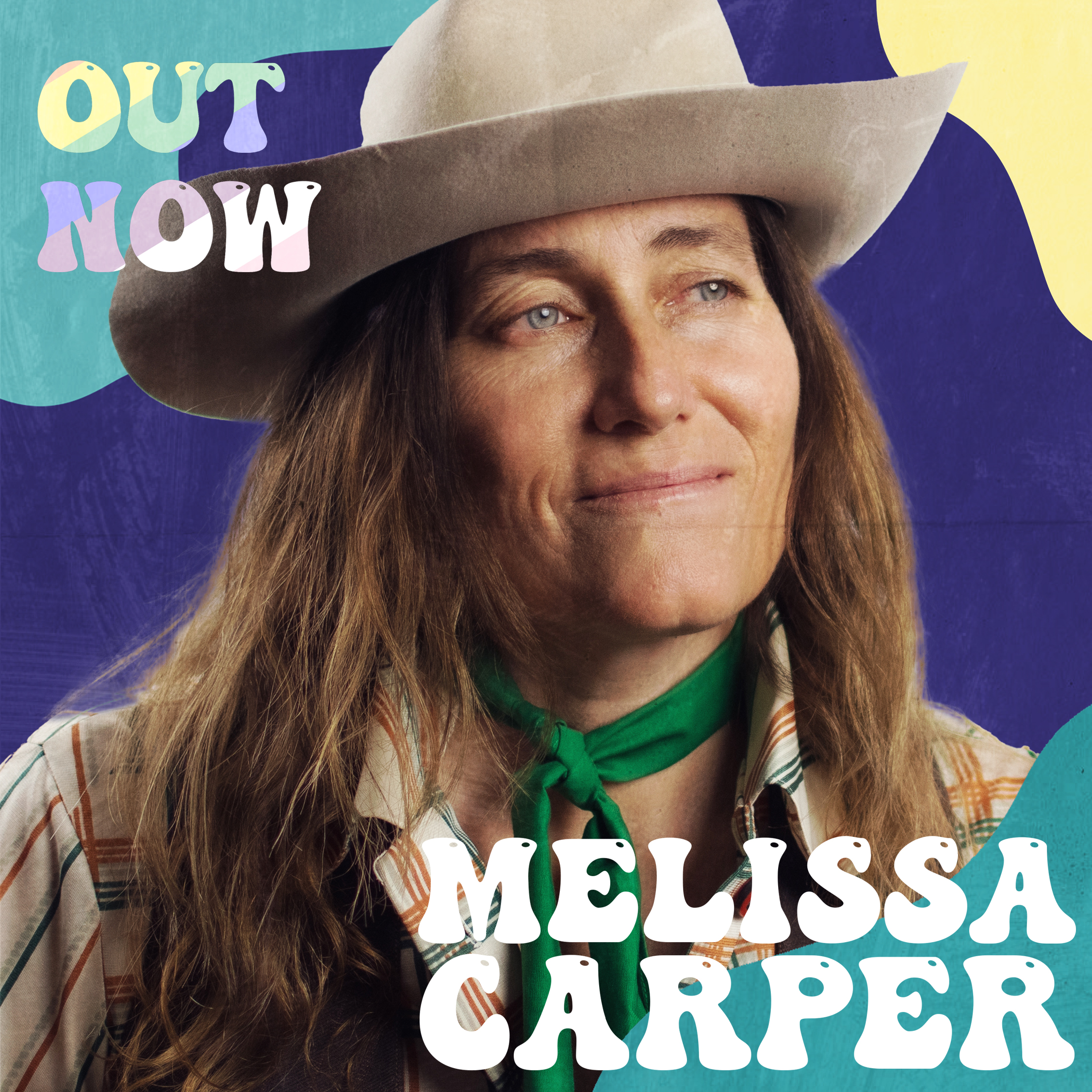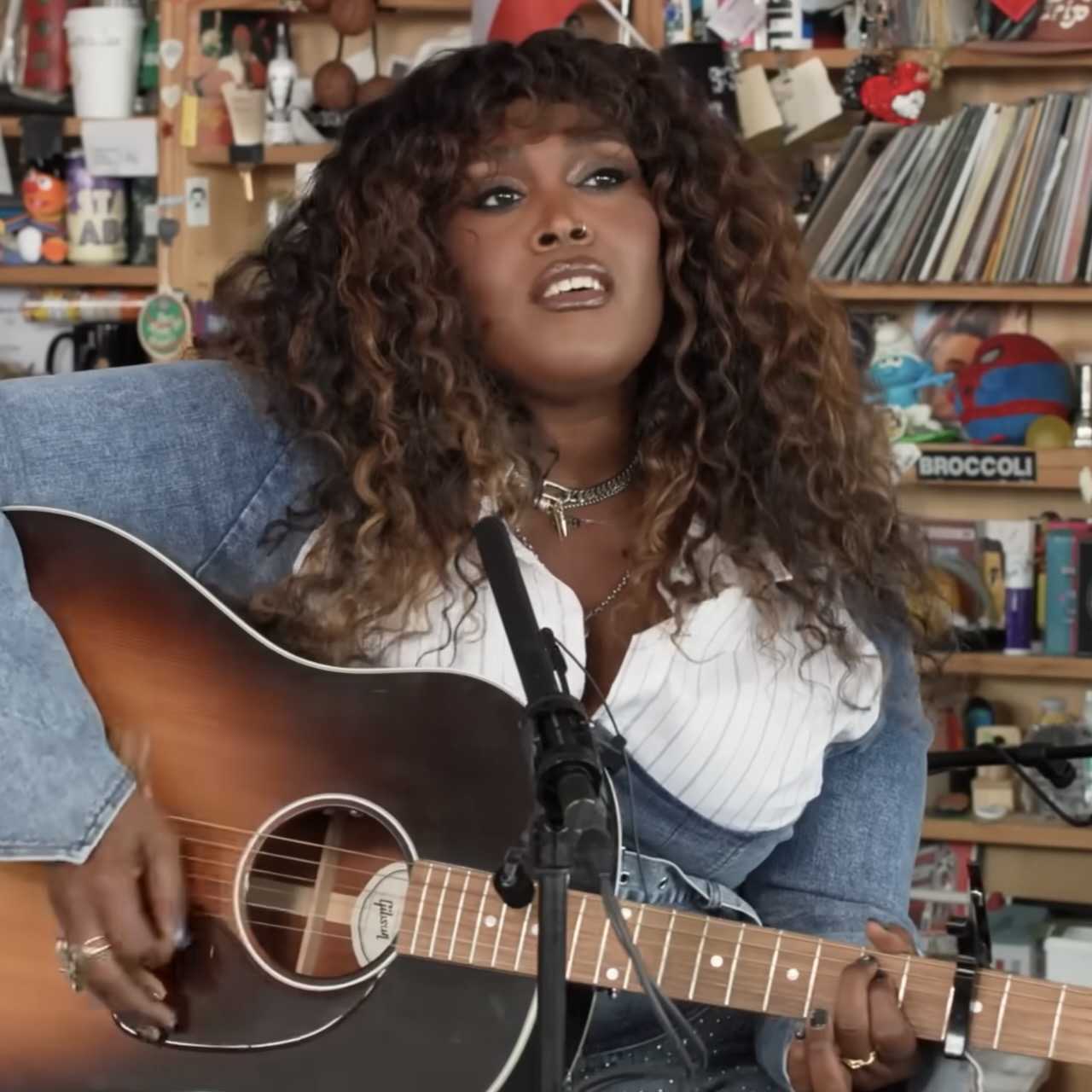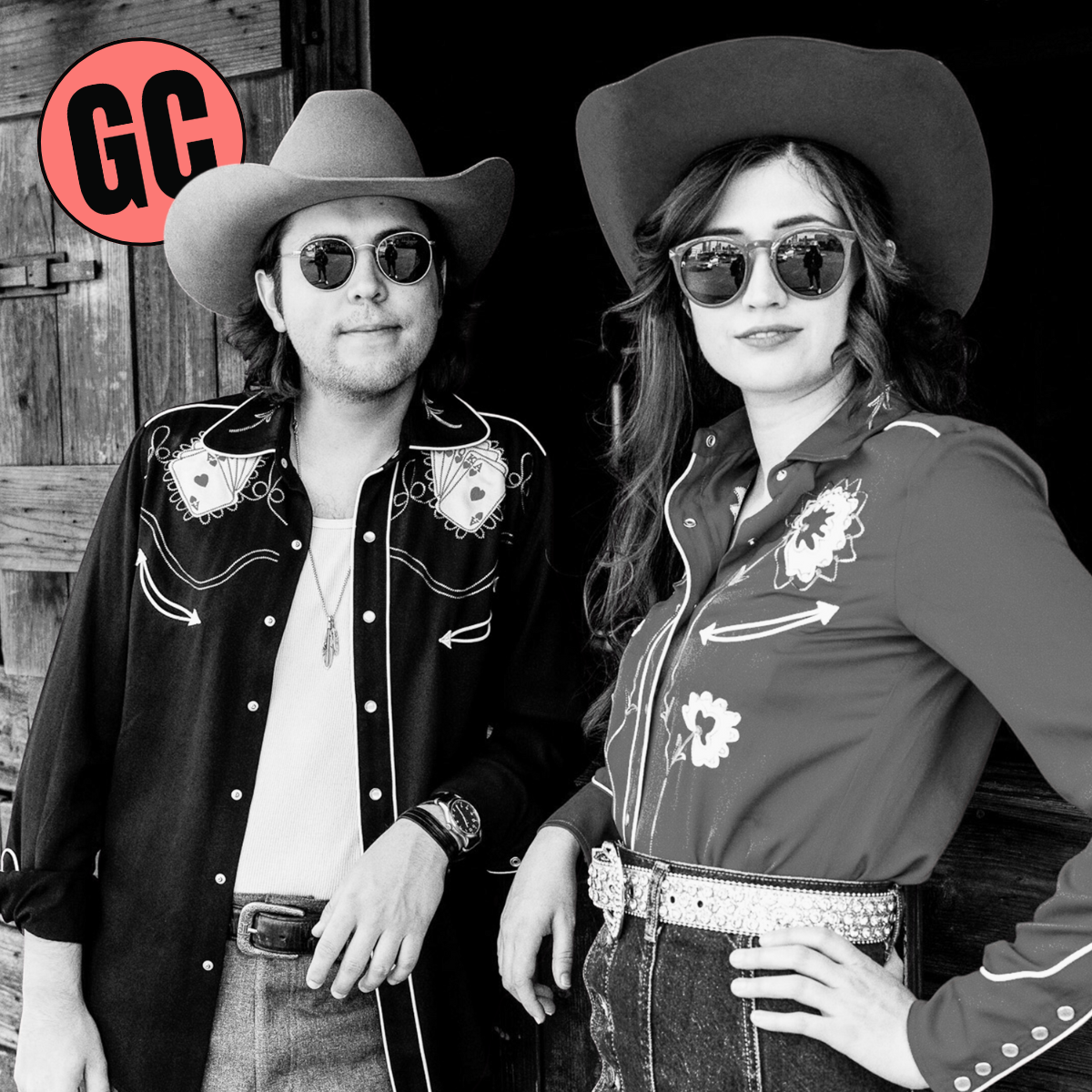For most music lovers, the thrill of discovering a brilliant young talent grows even bigger when that artist’s career starts to take off — which means fans of Canadian singer-songwriter Bella White must be feeling quite euphoric right now.
Since independently releasing her debut album, Just Like Leaving, in 2020 (just as she turned 20), the bluegrass-steeped country-folk artist got signed by Rounder Records, was touted among the best new acts at Americanafest 2022, performed at Willie Nelson’s 2023 Luck Reunion and, on April 25, made her Grand Ole Opry debut (“a forever dream for a little girl who loves country music”) — just days after the release of her second album, Among Other Things. After a run through the U.K. and Netherlands in June, she’ll return to North America just in time to celebrate her 23rd birthday before playing the Newport Folk Festival.
White’s drawing so much attention because she examines matters of the heart with fearless candor, nakedly exposing her insecurities and foibles in lyrics that are intensely personal, yet capable of resonating with anyone who’s ever endured similar experiences. They’re delivered in a keening, vibrato-free vocal style stamped with the DNA of Appalachia and the country and bluegrass icons it spawned, as well as a long line of folk and feminist heroes.
White was raised in Calgary, Alberta, but her Virginia-born father, who grew up playing bluegrass, immersed her in the genre — even forming a band with the father of her best friend from daycare when the kids were barely toddlers. She honed guitar and banjo skills while attending bluegrass festivals, camps and jams, and made her solo stage debut at 12. By then, she’d already learned a little something about heartache.
BGS: It seems like heartbreak is a requirement for great songwriting. How old were you when you first experienced it?
White: Oh, man. When I was in grade four, I had a really big crush on a boy. He didn’t have the same crush on me. So that was my first, like, superficial heartbreak. But the first time I experienced real, painful heartbreak was when my parents got divorced. They were married for 20 years. Watching their marriage fall apart was a really lived experience of witnessing heartbreak, but also experiencing my own heartbreak of watching the family structure crumble. I think that was the biggest. Of course, since then, I’ve had my own heart broken a couple of times. I’ve always been a lover ever since I was a little girl; I get attached to things so I feel it all quite big.
Did you write about what you were going through then, or did that come later?
I would say a bit of both. I’ve always been a journaler. I’ve always had my notebooks and loved to process my feelings through writing — not just songs, but, like, stream-of-consciousness brain dumping. I think I was 14 or 15 when I started properly writing songs that felt like songs. I would write poetry and write about my feelings before that, but in my early teenage years, I took to songwriting as a means for expressing myself — and grieving, honestly, like working through the stages of grieving something.
Heartbreak is something everybody can relate to, for better or worse, and it’s such a big part of the country tradition. I can tell you’ve immersed yourself in those traditions, from Patsy Cline onward, and you’ve mentioned Joni Mitchell and John Prine as early influences. As you developed your style, did you consciously gravitate toward any other artists?
Totally. Someone who I’ve been deeply influenced by over the past two years is Emmylou Harris. She’s such an icon. I love how much she transcends genre; she’s totally doing what she feels like. And similarly with Linda Ronstadt and Bonnie Raitt, and all these really amazing women that are just powerhouses. When you listen to their music, there’s this deep sense of them knowing what they want to do; they’re just making music that they want to make. That’s really inspiring. I also grew up listening to super-traditional bluegrass: the Monroe brothers, the Stanley Brothers, Flatt & Scruggs and that whole world. I grew up listening to everything. My family was very “take it all in and do what you like.”
The first track, “The Way I Oughta Go,” has this great lyric: “Now to me the word love has lost all meaning / It’s just an empty sound I thought I’d always known / For my daddy used to sing it to my momma / But then he went and he left her all alone.” The way you sing that long “a” (as “a-lone”) is such a classic bluegrass pronunciation. What was going through your head when you wrote this one?
I had just heard a song that I really liked by Angela Autumn, an amazing songwriter. Sometimes you hear something, and even if it’s wildly different from what you’re doing, it just inspires you to write. And I was in that sort of existential pandemic place of just longing for something that I didn’t have; I was grieving a relationship, and I was thinking about my parents a lot. I had moved to Nashville, and my dad’s from the South, and I was having all of these dreams and ideas of all these different life paths, all the what-ifs and parallel universes. Then I started thinking about my parents’ marriage and divorce, and about how I wanted to be in some kind of companionship — I love love and relationships. It was just a lot of, “Where do I go? What do I do? And who am I?” Another coming-of-age song.
References to your mother permeate this album, and you’ve described the song “Rhododendron” as an explicit reaction to missing her. Are you two close?
My mom and I are very, very, very close. I’m close with both my parents; I feel really lucky about that. But I was staying at my mom’s house. I wrote pretty much every song on Among Other Things during the pandemic; there’s a sort of helplessness that we were all feeling during that time, and I really just wanted my mom. The few years before, I was living in Boston, and then was out in the world doing my thing, being in my late teens, early 20s. During the middle of the pandemic, I came back home and got even closer with my mom. Having divorced parents, you spend a lot of time one-on-one with your parents, dividing your time. My sister is older than me, so she went off to school, and then it was just me and my mom, alone for a few years. Yeah, we’re very close.
Where did “Numbers” come from?
“Numbers” I wrote the day that my first album came out. I had spent all this time and energy putting all this love into it, and then put it out into the void. I didn’t really know what was gonna happen; I couldn’t have predicted any of this. I just was putting it out to have an album out. I remember feeling this crazy anticipation, like when you make a piece of art and then finally decide to share it, then putting it out and feeling like, “Oh, that’s done now.” I felt this emptiness, like, “OK, well, what’s next?” And then I started writing “Numbers.”
The first line is, “It’s not what I thought it would feel like / The praise that’s seeping in / It goes as quick as it comes.” And I just remember this confusing sensation of really feeling pride, and also, “Well, that’s that, what’s happening now? Where do I go from here? How will this be received? And where will this land in the world?” It takes on this kind of heartbreak; at that point in time, I was going through some heartbreak. It’s easy to fall into that when you’re writing about your feelings, because when your heart is broken, that’s a haze that’s always over you, or at least me.
But that song came from a place of just, like, what’s next? It was the middle of the pandemic; there was so much unknown in the world at that time. I was putting this little album into that big, wide unknown, and feeling a lack of clarity. “Numbers” came out as a stream of consciousness; I was just writing in my journal, and then I was like, “That actually sounds like a song.”
I love this vivid imagery in “Flowers on My Bedside”: “Well, I’m so good at spending all my love on / Those whose love for me has dried / Like the flowers on my bedside.”
I was going through a breakup at the time. We eventually got back together, which is kind of funny, but I remember just feeling so sad. I started writing this song, and it was making me feel a lot better. I was viewing it like writing this person a letter; there was something really healing about that. I think when we’re going through breakups, or dismantling any relationship, there’s certain things that are better left unsaid. And there are certain things that it’s probably healthier to not say directly to your partner, to the person that you’re separating from.
But there’s those things that you really want to say, and in the moment, it’s not the time. I took this song as an opportunity to say those things and heal through just putting them out there. The image that I have in my head when I think about that kind of exercise is when you write a letter to someone that you love and you light it on fire. You just release it into the world. That’s what writing that song felt like to me — a proclamation of sorts — and then just kind of putting it out there. Of course, instead of lighting it on fire, I put it on Spotify.
“Break My Heart” has another great line: “I was always waiting for it to fall apart / You said you had one foot out the door from the start / It’s just like you meant to break my heart.”
That one and “Flowers on My Bedside,” they’re like sisters in a way because they’re about a similar thing, and I wrote them around a similar time. “Break My Heart,” I joke that it’s my pop song. That one came out really fast. I didn’t craft it very much; I just dumped it out. It’s my “I got dumped” song. Like, I got my heart really broken bad here; I’m just gonna be super upfront about what that felt like.
“Break My Heart” is such a wrenching description of that experience. I’m struck by your ability to make such confessions sound so natural, like mere observations.
Sometimes I surprise myself. It feels like a copout to say sometimes the songs write themselves because it’s not totally true, but sometimes, you’re just spilling the beans. Often, it’s something I would think in my head when I’m feeling very, like, woe is me, and I’ve gotten pretty comfortable saying it to other people. Maybe I’ll find a nice way to phrase it, or I’ll find a way to make it sound a bit more ornate. But with those tell-all lyrics, the more honest that you can be, the more people who have had a similar experience will appreciate that honesty, because they’ll feel validated.
Photo Credit: Bree Fish

